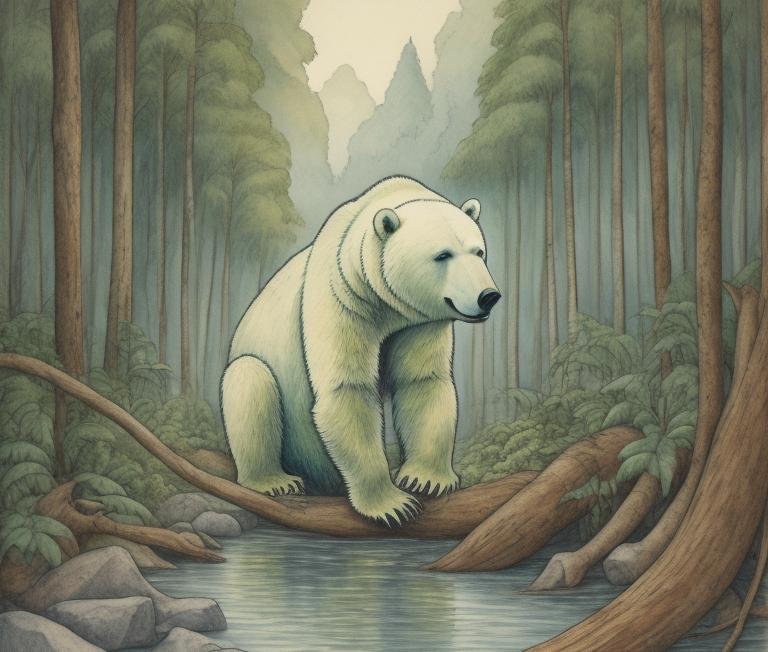The polar bear, an apex predator of Arctic, faces unprecedented challenges as climate change rapidly alters its icy habitat. Historically reliant on sea ice for hunting seals, diminishing ice due to rising global temperatures threatens their survival. Predictions suggest ice-free summers in the near future, forcing polar bears to travel farther for food, leading to increased competition and conflicts with humans.
Despite their adaptations, such as insulating fur and keen senses, rapid environmental shifts strain their ability to cope. Polar bears may adapt by altering diets or behaviors, but the pace of change outpaces their capacity to adjust. Projections indicate significant habitat changes within decades, potentially leading to population declines and heightened extinction risks.
Understanding the urgency and rates of environmental change is vital for polar bear conservation. Efforts to mitigate greenhouse gas emissions and protect remaining ice habitats are imperative to secure a future for these iconic Arctic predators.
Contact us
Thank you for your interest in contacting Future Engineers. We look forward to connecting with you!
General Inquiries
support@futureengineers.orgSponsorship Inquiries
sponsor@futureengineers.org
